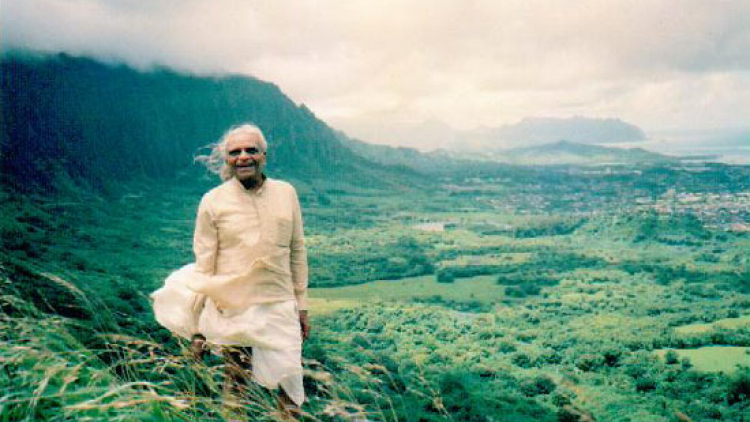Yoga’s Greatest Guru Deserves Nobel Peace Prize
By Chandrahas Choudhury | Jan 11, 2014

On Feb. 1, the Nobel Committee will close nominations for the 2014 Peace Prize. The list of eligible nominees (there were 259 last year) will be huge, partly because the question of what constitutes enduring work for peace allows for so many convincing answers. The Pakistani teenager Malala Yousafzai was strongly tipped last year, and will have many backers again. The names of Julian Assange and Edward Snowden will be considered. Even Vladimir Putin appears to have become a contender.
Curiously, although India is often associated with ideas of peace and tolerance, no Indian has ever been awarded the Peace Prize. (Mahatma Gandhi remains the most prominent of those denied it.) Is there an Indian today who deserves it? There certainly is, and it’s curious that his claim on it has apparently never been taken with the seriousness it merits, when one might say he hasn’t just advanced the cause of peace in the world, but considerably enlarged its meaning.
After all, although the Nobel Prize tends to be associated with a political interpretation, the arts of peace certainly go beyond conflict resolution or resistance to state power. As the Dalai Lama, the winner of the Peace Prize in 1989, has said, “World peace must develop from inner peace.” And there’s perhaps no man alive who has taught humanity as much about inner peace and its many dimensions — peace as a physical science, peace as a state of self-awareness and power — as the great Indian yoga master B.K.S. Iyengar.
Read more: http://www.bloomberg.com/news/2014-01-03/yoga-s-greatest-guru-deserves-nobel-peace-prize.html















